H. Richard Milner ist Professor, in der Ausbildung festgestellt Forscher und Experten für Rennen an der University of Pittsburgh. Milner glaubt, dass „Bildung ist der Schlüssel Ungleichheit und Rassismus in der Gesellschaft zu adressieren“, und wenn wir nicht „arbeiten in der Ausbildung zur Bekämpfung von Rassismus, wir sind Komplizen in Unbilligkeit zu erhalten und den Status quo.“Sind Lehrer vorbereitet und bereit, dies zu übernehmen? Milner notes that teachers “can struggle with tools to advance justice-centered curriculum and instructional opportunities that work against racism” and therefore education programs for teachers must support them “in developing knowledge and skills in ways that centralize race so that students can examine both localized and global perspectives and worldviews.” Additionally, school administrators and policies must be in place that “advance agendas that encourage and expect race-central learning opportunities and especially discourse.” Beyond these stakeholders, Milner recommends that students, Community-Mitglieder, families and parents be part of the learning discourse “providing perspectives about their own worlds and experiences.”
This month we opened up the conversation on racism in education to our global Millennial Bloggers. Die Millennial Bloggers sind auf der ganzen Welt basieren. Sie sind Innovatoren in Unternehmertum, Journalismus, Bildung, Unterhaltung, Gesundheit und das Wohlbefinden und die akademische Wissenschaft. We asked them: Müssen wir mehr über Rassismus in der Bildung sprechen?
“When I was 14, in our first class of Literature in English, I remember our teacher saying, rather solemnly, that our subject is called Literature in English, rather than English Literature,“Schreibt Bonnie Chiu. “It was a moment of enlightenment for me. It instilled in me this critical mindset, this yearning to challenge the status quo; and it gave me a sense of agency.” Lesen: My Personal Journey in Unlearning Race and Privilege.
“We can’t afford to defer the conversation about white supremacy for even a single moment longer. It has proven itself to be the most obstinate social institution in the entire history of America,"Schreibt Francisco Hernandez. “How could we even possibly think we could fight something so tough if we can’t even talk about what it means to fight it?" Lesen: Race and Education in America.
„Jede Nation, die das Prinzip der Kasten kann Magen, die die brutalsten ‚Klassifikation‘ des Menschen basiert auf der Geburt überall auf der Welt, kann nicht umhin, zu differenzieren, und unterscheiden wiederholt, auf der Grundlage jeden Parameter Gesellschaft kann in einem verzweifelten und Insel Gebot konstruieren ‚uns‘ von ‚ihnen‘ zu trennen,"Schreibt Harmony Siganporia. „Nichts Geringeres als kritische pädagogische Interventionen, die Überholung würde, was wir als das eigentliche Ziel unseres Bildungssystems sein, und die Ressourcen, um diese Eingriffe in sinnvollen Lehrplan zu kanalisieren, can help us change these terms of engagement.” Lesen: Why We’re Broken.
„Lehrbücher wurden von Menschen, die in einer rassistischen Gesellschaft gelebt,“, Schreibt Jacob Navarrete. “I’m telling you there are better tools. I’d be happy to help you learn how to use them. There is a big world to build outside the cave and we could use your help. It might hurt at first, just like the light does when you exit a dark cave.” Lesen: Peculiar Flames Flickering.
“Racism cannot be explained or understood properly without incorporating a discussion about privilege,", Schreibt Dominique Dryding. “Until educational institutions take the lived experiences of their student bodies seriously and recognize that racism does not only include name calling and physical exclusion, Rassismus an Schulen und Universitäten wird nicht enden.“ Lesen: …But my Parents Worked Hard.
Guest Blogger Salathia Carr writes, “Racism is not something that can be swept under the rug. After so much sweeping, your rug becomes distorted. People have become so desensitized regarding racism and injustices because they truly do not know what it is like. Judgment is very easy to make when you’re not living that way. Aber, if we force discussions about inequality from the very first history class we take, you cannot avoid it.” Lesen: When Was Your First Talk About Racism?
Die Millennial Bloggers sind Lusine Barrie, Sajia Darwish, James Kernochan, kamna Kathuria, Jacob Deleon Navarrete, Reetta Heiskanen, Shay Wright, Isadora Baum, Wilson Carter III, Francisco cisco~~POS=HEADCOMP Hernandez, Erin Farley, Dominique Alyssa Dryding, Harry Glass, Harmony Siganporia und Bonnie Chiu.
(Alle Fotos sind mit freundlicher Genehmigung von CMRubinWorld)
Obere Reihe: C.M. Rubin, Lusine Barrie, Sajia Darwish, James Kernochan
2nd Row: kamna Kathuria, Jacob Deleon Navarrete, Reetta Heiskanen, Shay Wright
3rd Row: Isadora Baum, Wilson Carter III, Francisco cisco~~POS=HEADCOMP Hernandez, Erin Farley
Untere Reihe: Dominique Alyssa Dryding, Harry Glass, Harmony Siganporia, Bonnie Chiu
Begleiten Sie mich und weltweit renommierten Vordenkern wie Sir Michael Barber (Vereinigtes Königreich), DR. Michael Block (US-), DR. Leon Botstein (US-), Professor Ton Christensen (US-), DR. Linda Hammond-Liebling (US-), DR. MadhavChavan (Indien), Professor Michael Fullan (Kanada), Professor Howard Gardner (US-), Professor Andy Hargreaves (US-), Professor Yvonne Hellman (Niederlande), Professor Kristin Helstad (Norwegen), Jean Hendrickson (US-), Professor Rose Hipkins (Neuseeland), Professor Cornelia Hoogland (Kanada), Herr Jeff Johnson (Kanada), Frau. Chantal Kaufmann (Belgien), DR. EijaKauppinen (Finnland), Staatssekretär TapioKosunen (Finnland), Professor Dominique Lafontaine (Belgien), Professor Hugh Lauder (Vereinigtes Königreich), Herr Ken Macdonald (Vereinigtes Königreich), Professor Geoff Masters (Australien), Professor Barry McGaw (Australien), Shiv Nadar (Indien), Professor R. Natarajan (Indien), DR. PAK NG (Singapur), DR. Denise Papst (US), Sridhar Rajagopalan (Indien), DR. Diane Ravitch (US-), Richard Wilson Riley (US-), Sir Ken Robinson (Vereinigtes Königreich), Professor Pasi Sahlberg (Finnland), Professor Manabu Sato (Japan), Andreas Schleicher (PISA, OECD), DR. Anthony Seldon (Vereinigtes Königreich), DR. David Shaffer (US-), DR. Kirsten Sivesind (Norwegen), Kanzler Stephen Spahn (US-), Yves Theze (LyceeFrancais US-), Professor Charles Ungerleider (Kanada), Professor Tony Wagner (US-), Sir David Watson (Vereinigtes Königreich), Professor Dylan Wiliam (Vereinigtes Königreich), DR. Mark Wormald (Vereinigtes Königreich), Professor Theo Wubbels (Niederlande), Professor Michael Young (Vereinigtes Königreich), und Professor Zhang Minxuan (China) wie sie das große Bild Bildung Fragen, die alle Nationen heute konfrontiert erkunden.
Die Global Search for Education Community-Seite
C. M. Rubin ist der Autor von zwei weit Lese Online-Serie für den sie eine 2011 Upton Sinclair Auszeichnung, "Die Global Search for Education" und "Wie werden wir gelesen?"Sie ist auch der Autor von drei Bestseller Bücher, Inklusive The Real Alice im Wunderland, ist der Herausgeber des CMRubinWorld und ist ein Disruptor Foundation Fellow.
Folgen Sie C. M. Rubin auf Twitter: www.twitter.com/@cmrubinworld

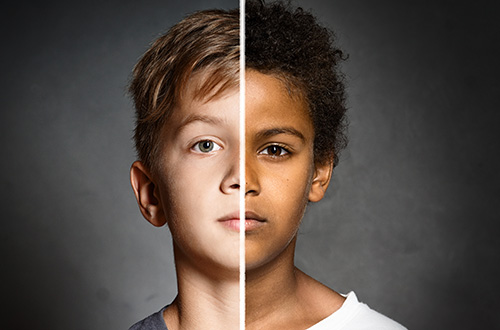
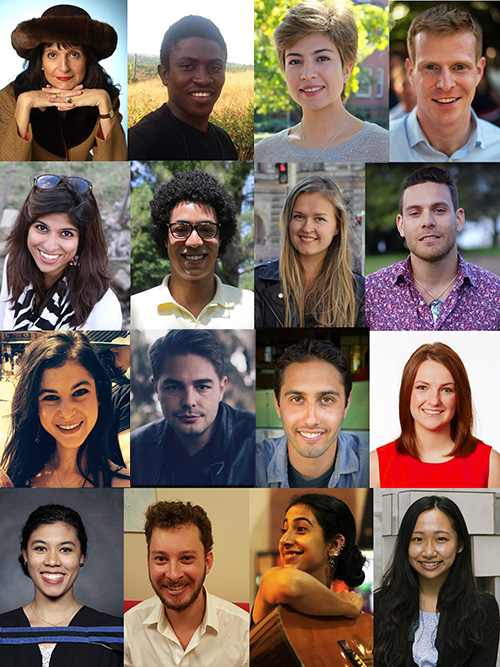

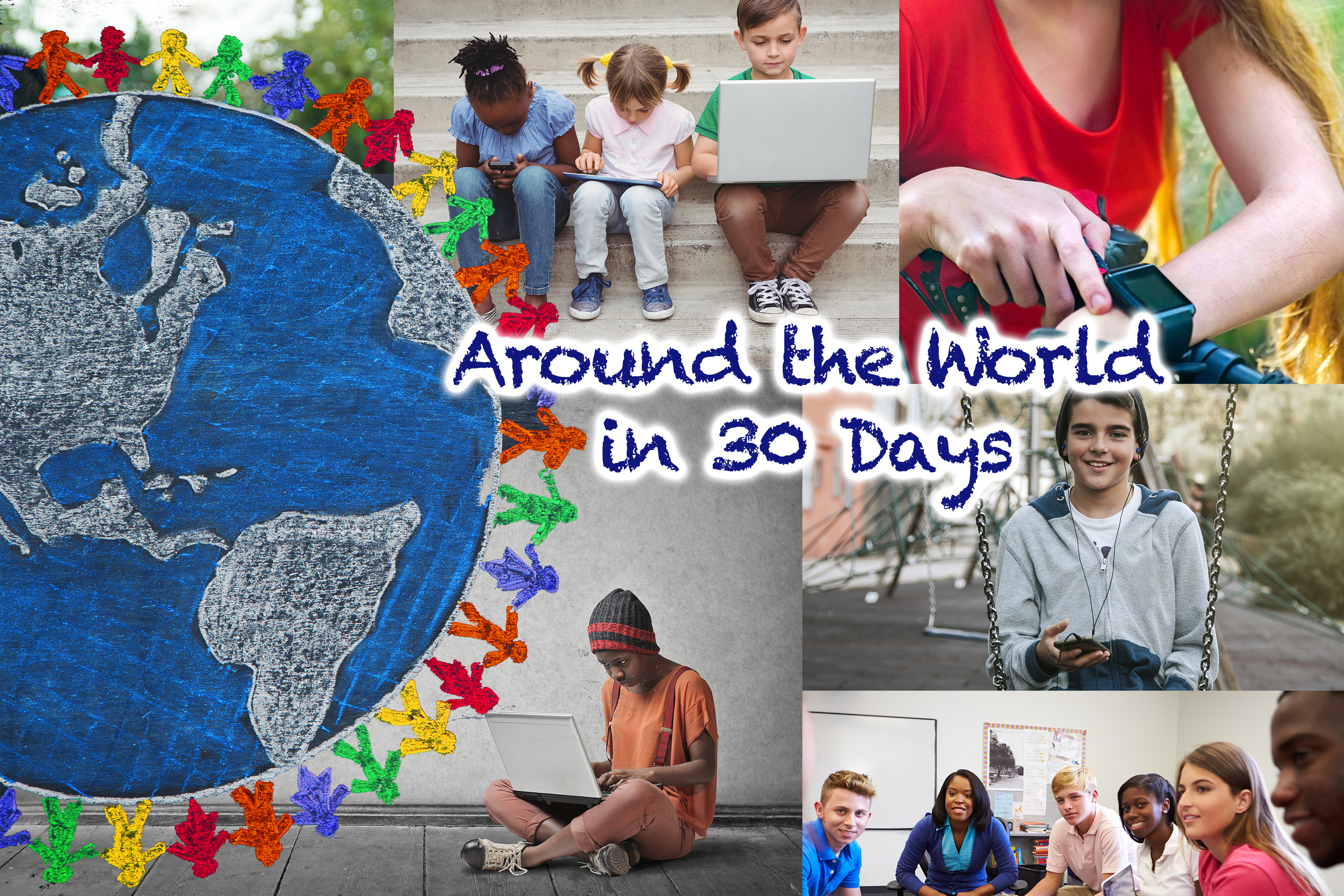

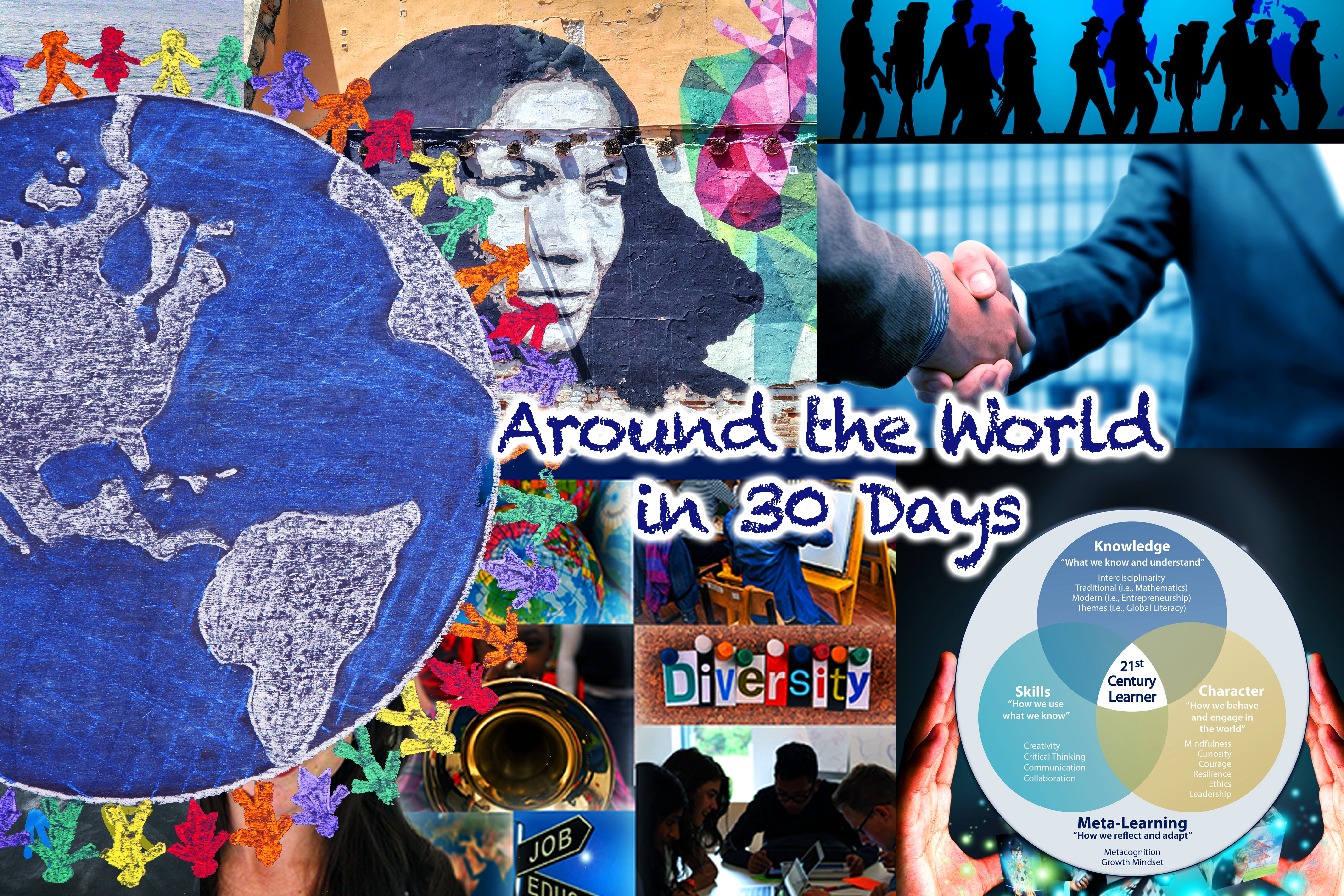
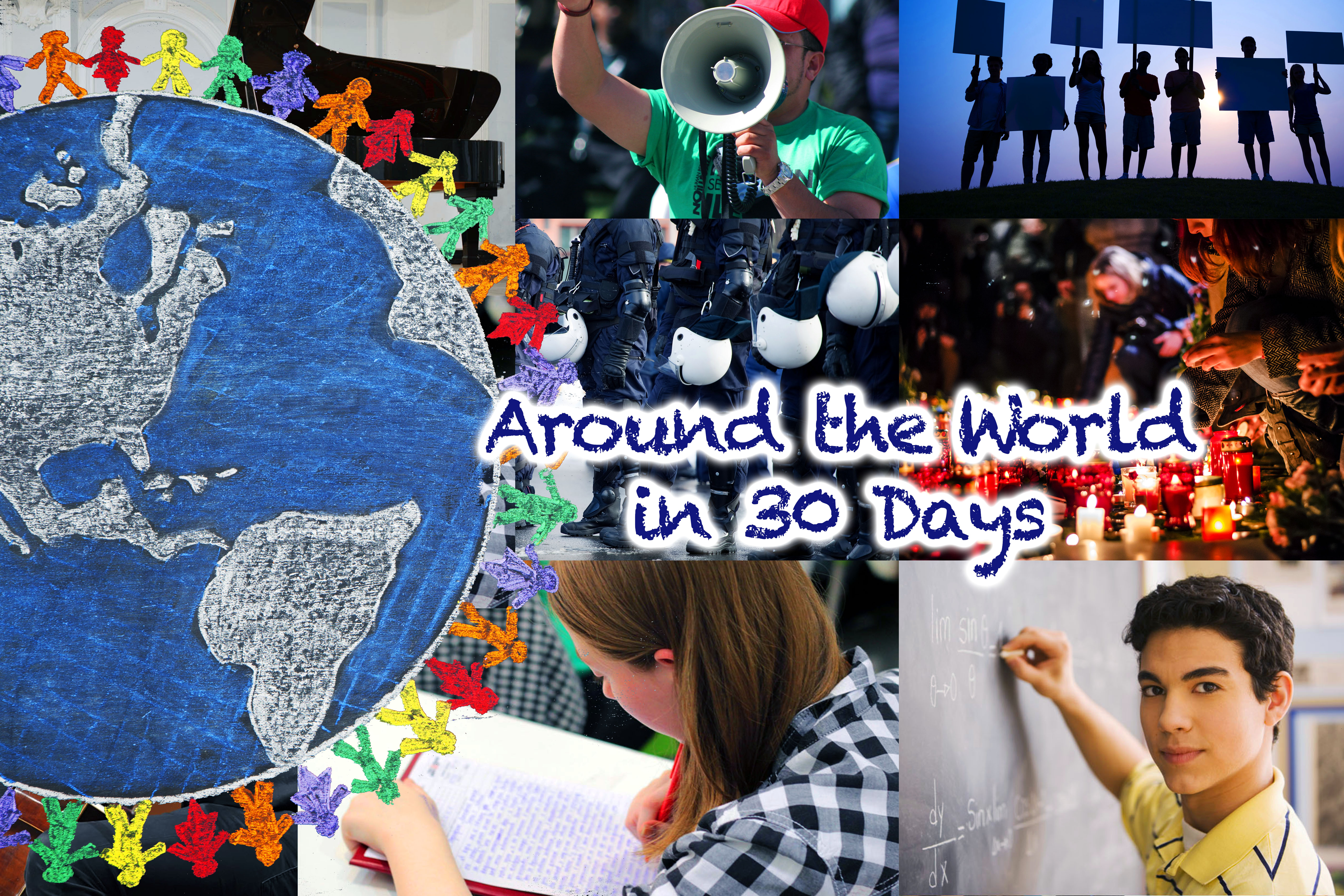
Jüngste Kommentare